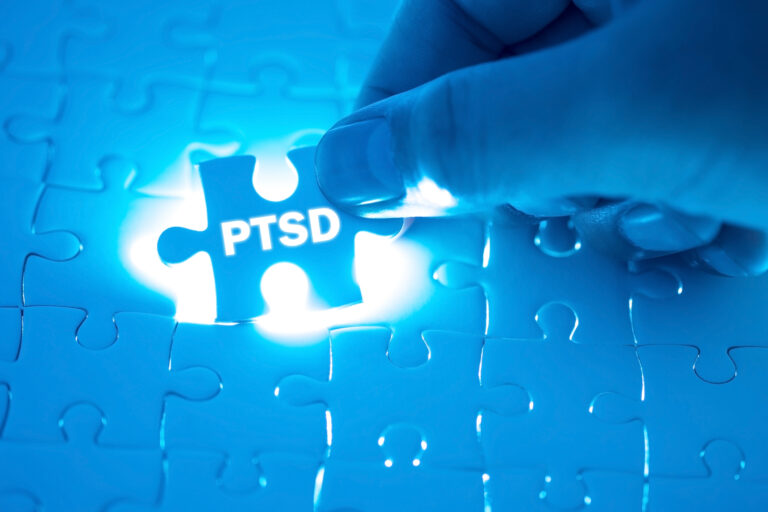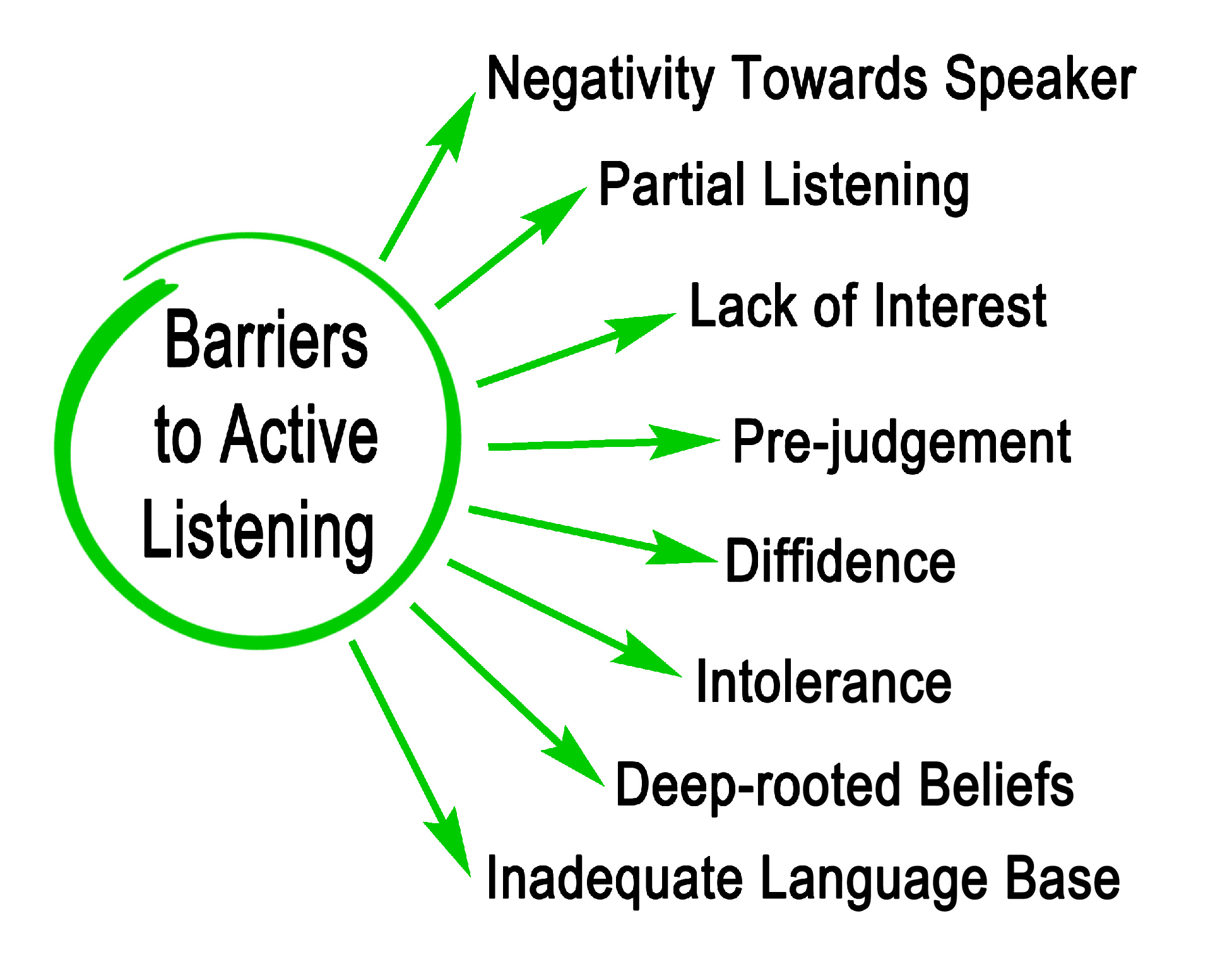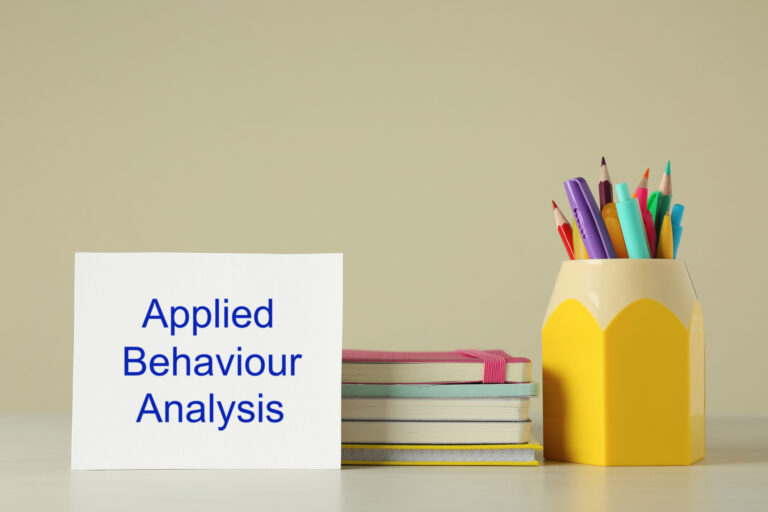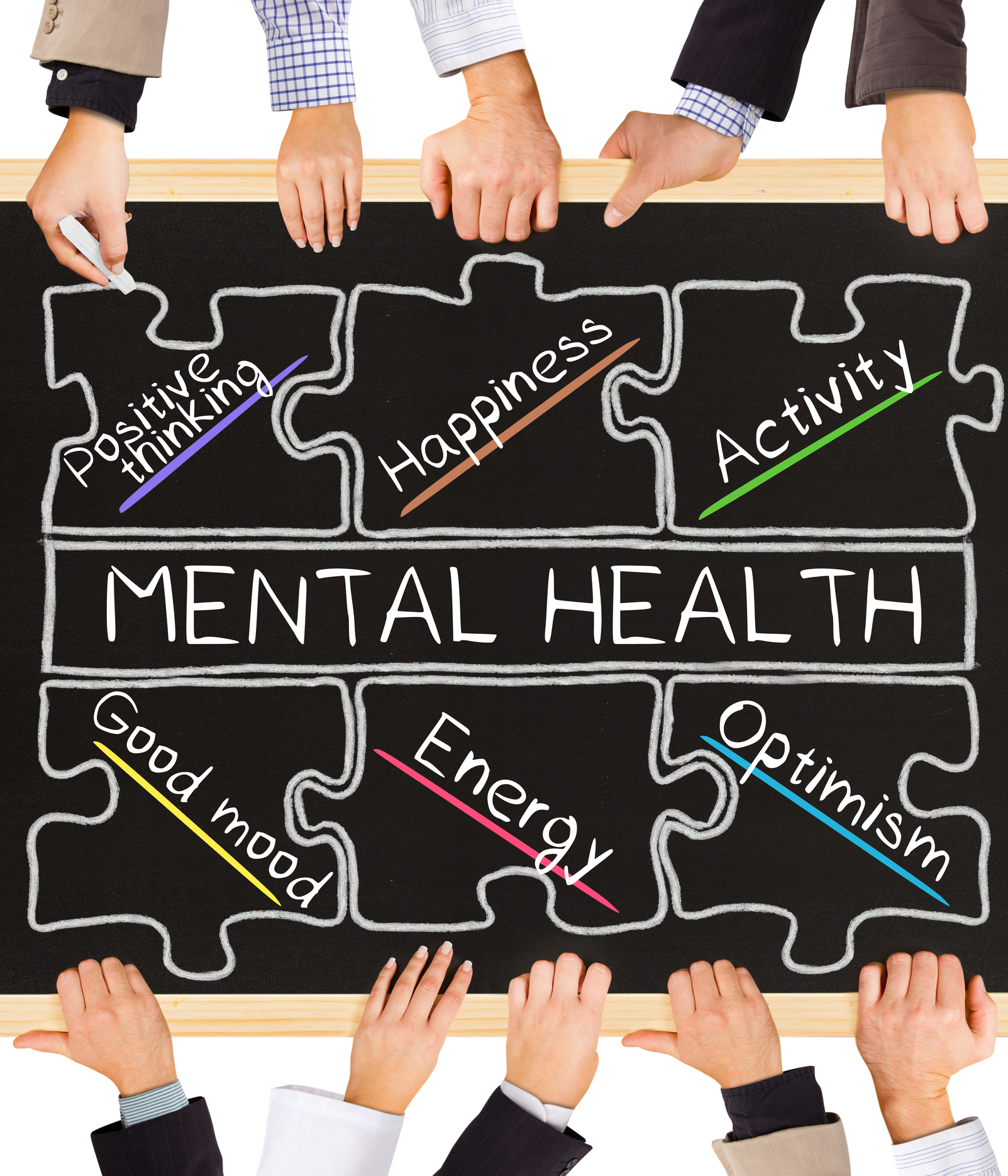Social-Emotional Learning
Social-Emotional Learning (SEL) is an educational approach aimed at fostering emotional intelligence, interpersonal skills, and self-awareness in children and young people. It encompasses the development of competencies that are essential for managing emotions, building positive relationships, making responsible decisions, and effectively handling life’s challenges. As education systems increasingly prioritise the holistic development of learners, SEL has emerged as a critical framework for creating well-rounded individuals.
At its core, SEL involves five primary competencies: self-awareness, self-management, social awareness, relationship skills, and responsible decision-making. Self-awareness helps learners recognise and understand their emotions, strengths, and limitations, fostering a positive self-concept. Self-management equips them with the ability to regulate emotions, manage stress, and set personal goals. Social awareness emphasises empathy and understanding of diverse perspectives, which is essential in today’s multicultural societies. Relationship skills focus on effective communication, teamwork, and conflict resolution. Finally, responsible decision-making involves evaluating consequences and making ethical, constructive choices.
Incorporating SEL into education has significant benefits. It enhances academic performance by creating a positive and supportive learning environment. Research indicates that students engaged in SEL programmes demonstrate improved focus, motivation, and problem-solving abilities. Moreover, SEL reduces behavioural issues, such as bullying and aggression, by promoting empathy and respect among peers. These programmes also support mental health by teaching coping strategies and fostering resilience, which are particularly important in addressing the challenges young people face today.
Implementing SEL in schools involves a combination of structured curricula, teacher training, and supportive policies. Programmes often include interactive activities, role-playing, and group discussions to help students practise these skills in real-life contexts. Teachers play a pivotal role in modelling social-emotional behaviours, creating a safe classroom environment, and guiding students through their SEL journeys. Additionally, collaboration with families and communities is essential to reinforce these lessons beyond the classroom.
The benefits of SEL extend beyond childhood, shaping individuals into socially competent and emotionally resilient adults. Employers increasingly value these skills, recognising that emotional intelligence is key to workplace success. Furthermore, SEL contributes to the development of compassionate citizens who are capable of contributing positively to society.
Despite its proven advantages, SEL faces challenges in implementation. Some critics argue that academic outcomes should take precedence over emotional and social development. Additionally, disparities in funding and resources mean that not all schools can effectively adopt SEL programmes. However, integrating SEL does not detract from academic goals but rather enhances them by addressing the emotional and social factors that influence learning.
In conclusion, Social-Emotional Learning is a transformative approach that prepares learners for both academic and life success. By equipping young people with essential emotional and social skills, SEL lays the foundation for a more empathetic, inclusive, and resilient society.
home » Social-Emotional Learning




















